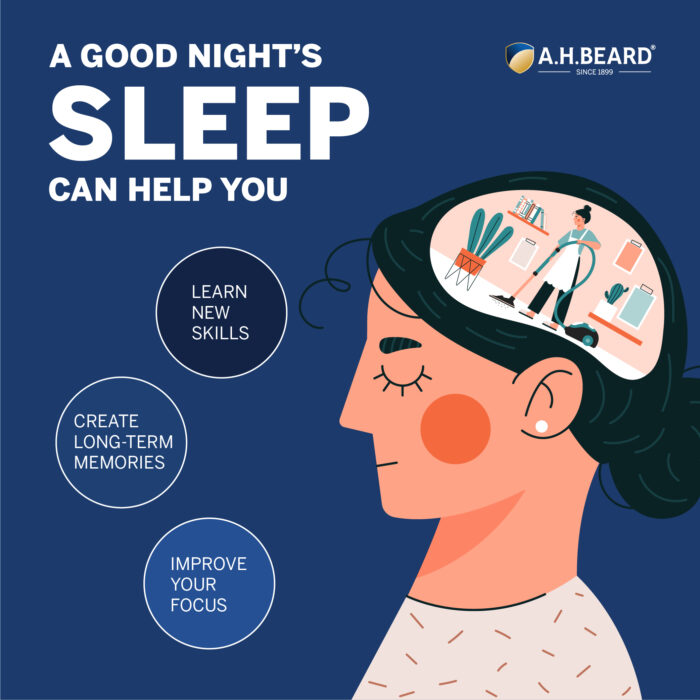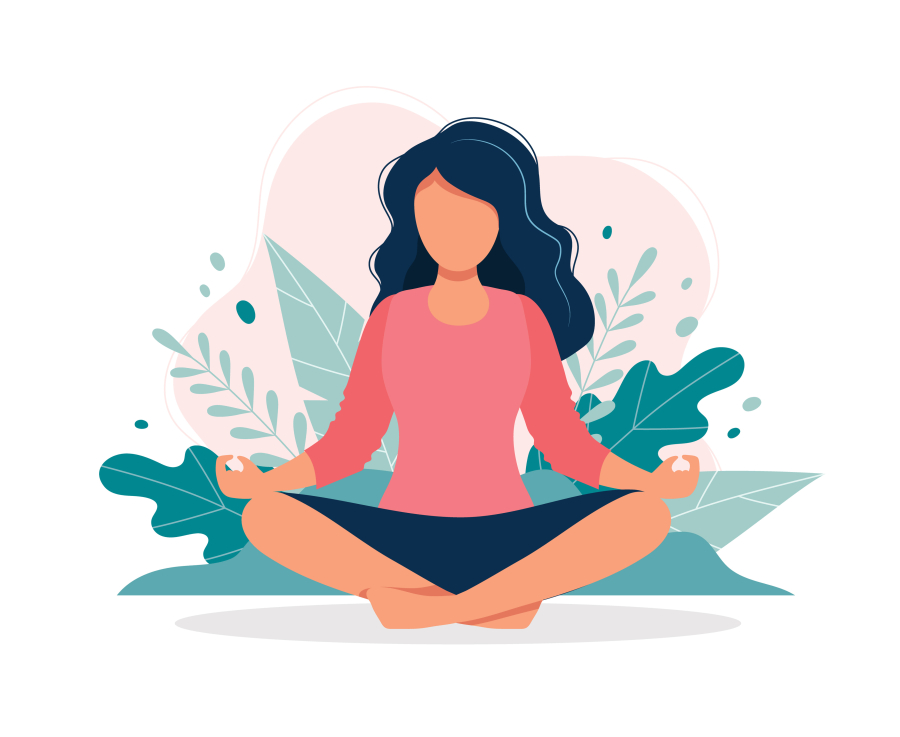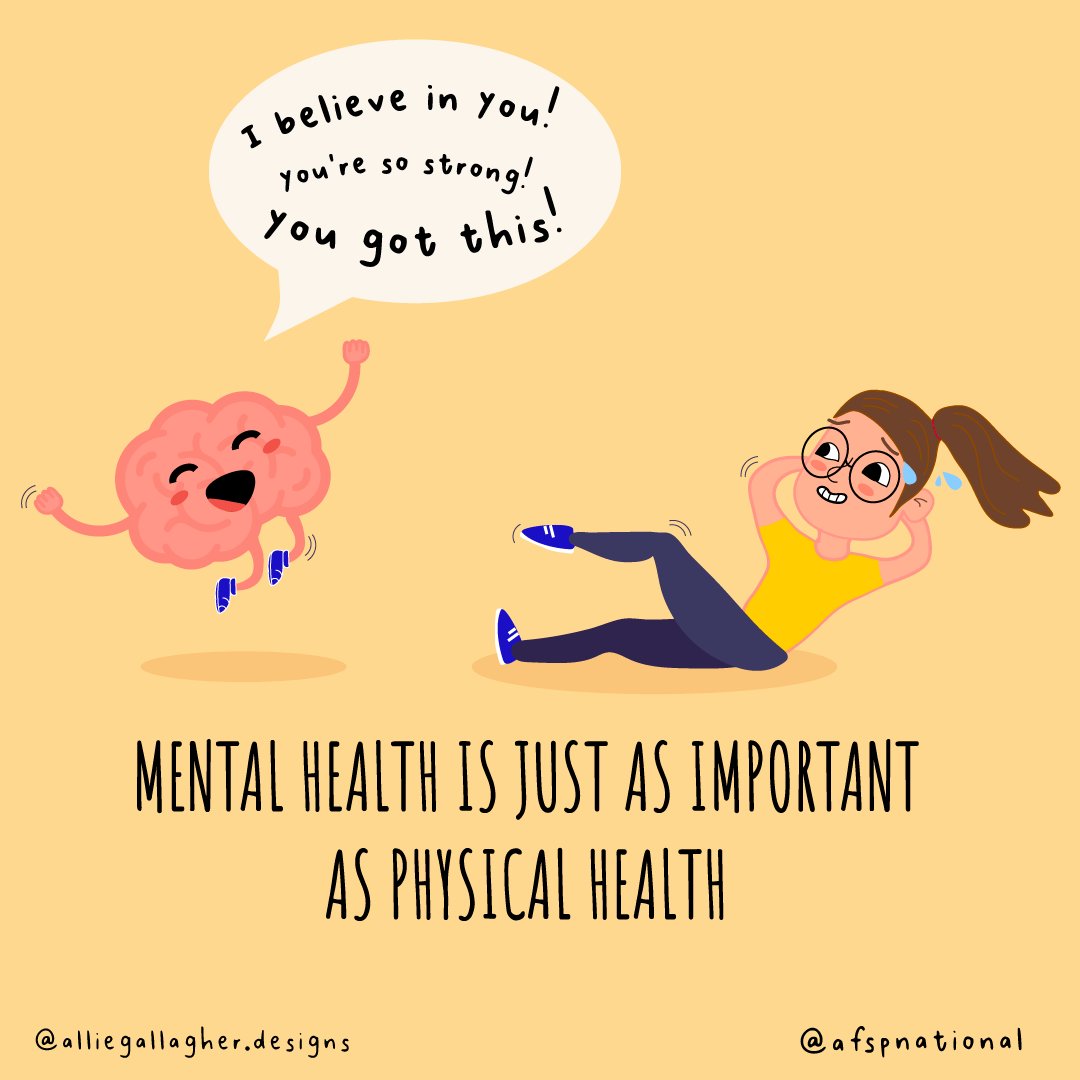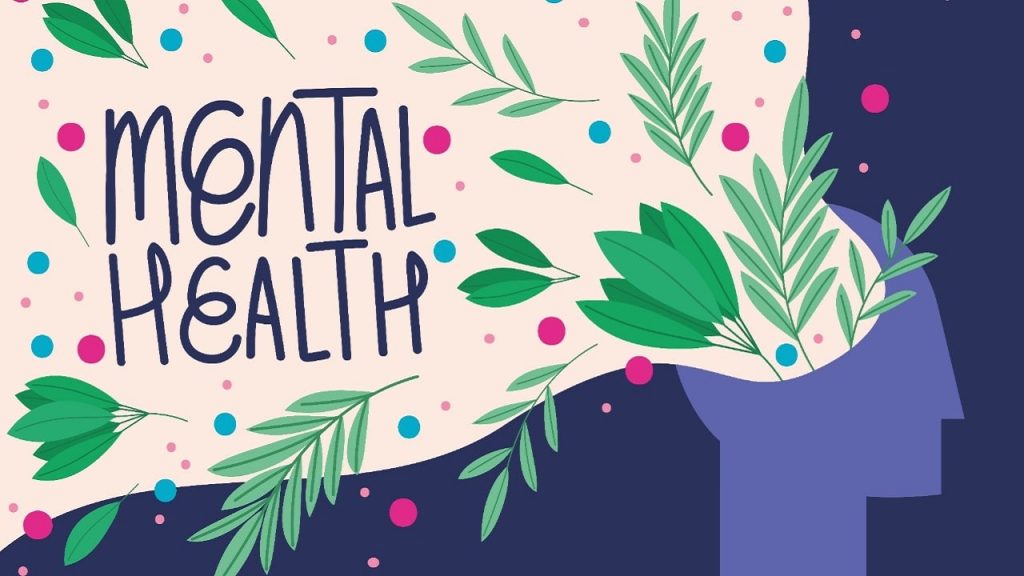Trending
5 Ways To Improve Your Mental Health
Mental health refers to a person’s overall psychological well-being. It includes emotional, psychological, and social aspects and affects how we think, feel, and behave. Good mental health helps individuals to handle stress, work productively, and form healthy relationships. Poor mental health can lead to conditions such as anxiety, depression, and substance abuse. It is important to prioritize and take care of one’s mental health through activities such as therapy, exercise, and healthy coping mechanisms.
Self-care means taking the time to do things that help you live well and improve both your physical health and mental health. When it comes to your mental health, self-care can help you manage stress, lower your risk of illness, and increase your energy. Even small acts of self-care in your daily life can have a big impact.
Here are some tips to help you get started with self-care:
Get Adequate Sleep

Getting adequate sleep is important for good physical and mental health. Lack of sleep can lead to decreased energy, mood swings, irritability, and difficulty concentrating. To get better sleep:
- Establish a regular sleep schedule by going to bed and waking up at the same time every day.
- Avoid caffeine, alcohol, and heavy meals before bedtime.
- Create a relaxing bedtime routine, such as reading a book or listening to calming music.
- Keep your bedroom quiet, cool, and dark to create an ideal sleep environment.
- Limit screen time before bed as the blue light from devices can disrupt your circadian rhythm and make it harder to fall asleep.
Aim for 7-9 hours of sleep per night and prioritize good sleep hygiene to improve your mental health and well-being.
Connect With Others

Connecting with others is crucial for good mental health. Strong relationships with friends, family, and community can provide support, reduce stress, and increase happiness. Here are some ways to connect with others:
- Spend time with friends and family, both in person and virtually.
- Join clubs or groups with similar interests to meet new people and build new relationships.
- Volunteer for a cause you care about to feel connected to your community and make a positive impact.
- Participate in activities you enjoy, such as sports or hobbies, to connect with others who share similar interests.
- Reach out to someone you trust to talk about your feelings and experiences and consider seeking professional help if needed.
Making time for social connections and building strong relationships is essential for maintaining good mental health and well-being.
Practice Mindfulness

Practicing mindfulness involves paying attention to the present moment, thoughts, and feelings, without judgment. It has been shown to improve mental health and reduce symptoms of stress, anxiety, and depression. Here are some ways to practice mindfulness:
- Meditation: Focus on your breath and let go of distracting thoughts.
- Mindful breathing exercises: Take slow, deep breaths, paying attention to the sensation of the air entering and leaving your body.
- Mindful movement: Engage in physical activities such as yoga or tai chi, focusing on the sensations in your body.
- Gratitude journaling: Write down things you are grateful for each day to cultivate a positive outlook and mindfulness.
- Mindful observation: Pay attention to your senses and observe your surroundings without distraction.
Incorporating mindfulness into your daily routine can help you cultivate a clearer and calmer mind, improve well-being, and reduce stress.
Take Care Of Your Physical Health

Taking care of your physical health is important for overall well-being and can have a positive impact on mental health. Here are some ways to prioritize physical health:
- Eat a balanced diet: Include plenty of fruits, vegetables, whole grains, and lean protein.
- Exercise regularly: Aim for at least 30 minutes of moderate physical activity most days of the week.
- Stay hydrated: Drink plenty of water and limit sugary drinks.
- Manage stress: Use healthy coping mechanisms such as exercise, meditation, or talking to a trusted friend.
- Avoid harmful substances: Limit or avoid alcohol, tobacco, and recreational drugs.
By taking care of your physical health, you can improve energy levels, boost mood, and reduce symptoms of stress and anxiety. It is important to prioritize self-care and make time for physical health and wellness activities.
Give Yourself Special Gifts
Giving yourself special gifts can help boost your mood and improve your mental health. Here are some ideas:
- Treat yourself to something you enjoy: This could be a favorite food, a new book, or a meaningful shirt.
- Do something you’ve been putting off: Accomplishing a task you’ve been putting off can give you a sense of satisfaction and boost your confidence.
- Take a break: Allow yourself time to relax and recharge, whether that means taking a day off, going for a walk, or simply doing nothing for a little while.
- Practice self-care: Give yourself a massage, take a long hot bath, or spend time in nature.
- Celebrate your accomplishments: Recognize and acknowledge your successes, no matter how small, and reward yourself for your hard work.
Taking time for self-care and treating yourself to special gifts can help improve mental health, boost confidence, and reduce stress. Check out Ink In Action to find the perfect gift for yourself.
Summary
In conclusion, there are many ways to improve your mental health. By getting adequate sleep, connecting with others, practicing mindfulness, taking care of your physical health, and giving yourself special gifts, you can cultivate a positive outlook and maintain good mental health and well-being. Remember to prioritize self-care and make time for activities that bring you joy and peace. If you need help, don’t hesitate to reach out to a trusted friend, family member, or mental health professional. Taking care of your mental health is important and can have a positive impact on all areas of your life.




